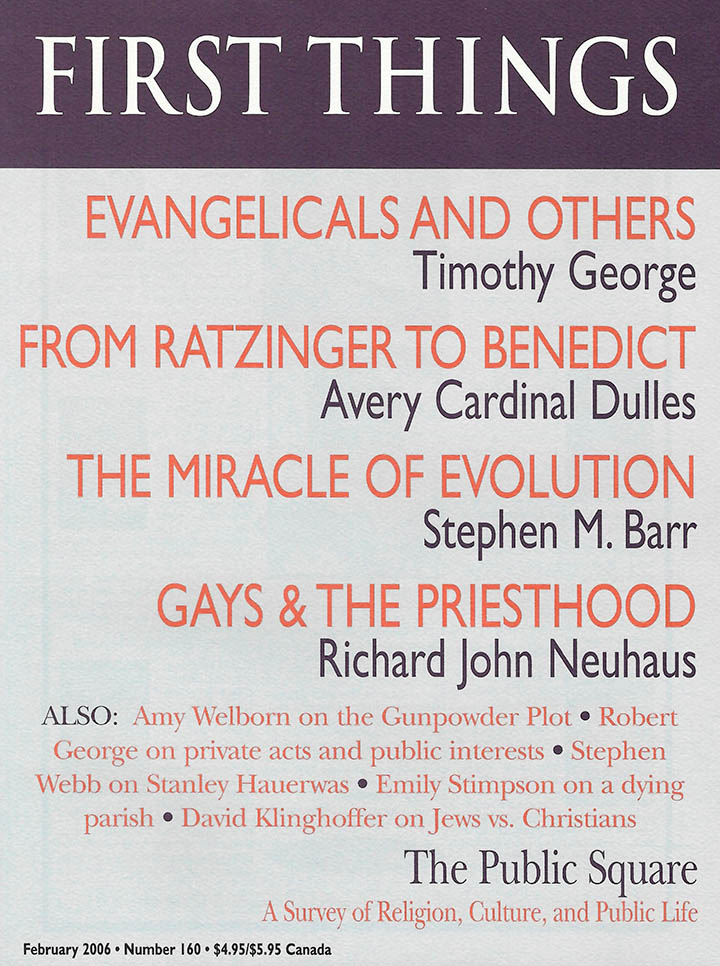Stanley Cavell crafted the phrase “truth in foul disguise” to describe Nietzsche’s analysis of Christianity. Stephen Mulhall’s new book, Philosophical Myths of the Fall , takes Cavell’s phrase as a clue to the interpretation of the supple dialectical stance toward Christianity adopted not just by Nietzsche but also by two other German philosophers, Heidegger and Wittgenstein, who together constitute the three most influential philosophers in the second half of the twentieth century.
Mulhall’s rich and generally compelling argument could, I suppose, be classified as a version of the secularization thesis concerning modern philosophy. In his famous Heavenly City of the 18th-Century Philosophers , Carl Becker argued that Enlightenment philosophers were not nearly as independent of Christianity as they claimed. They replaced an other-worldly paradise with a socially constructed heaven in this life. For Mulhall, anti-Enlightenment German philosophers are suspicious of any final transformation, offered by either infused faith or rational engineering. Although they suggest remedial strategies, they focus less on redemption than on the fall and less on philosophical reason than on myth.

